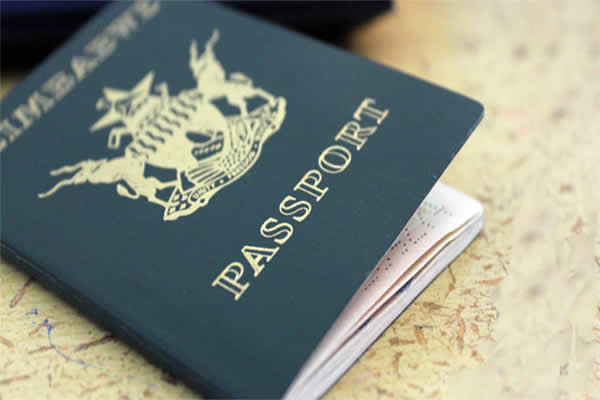Disposal or Acquisition of Immovable Property
Disposal or Acquisition of Immovable Property What you need to know Consult your lawyer or property consultant before making a decision to sell or buy property. Does the property have Title Deeds? If so, in whose name(s)? Positively identify all the parties involved. Before title changes hands, ensure that the purchase price is securely kept in the lawyer’s trust account. Both Seller and Purchaser must attend on Zimra for assessment of capital gains tax. (NB parties must attend on Zimra irrespective of whether or not the Seller is exempted from paying capital gains) The decision whether or not capital gains tax is payable comes from Zimra. The conveyancer/lawyer shall halp obtain a rates clearance from the local authority at the expense of both Seller and Purchaser. Duty and registration of the new title deeds shall be collected and remitted to the Registrar of Deeds by the conveyancer at the time of lodging new title deeds. To be on the safe side, involve your lawyer through and through Contact us any time with any questions and set up an appointment with our lawyers for full legal advice. Call us on 04 752870
Continue ReadingMigrating to Zimbabwe
Migrating to ZimbabweChecklists for Temporary Employment and Temporary Residence Permits Statutory Requirements Complete Residence Application Temporary Employment Permit Application Letter of Offer of Employment stating salary and other conditions, addressed to the Principal Director of Immigration Curriculum Vitae Copies of academic and professional qualification certificates Birth Certificates/Passport Page (Bio data), and Immigration stamped page 2 x Passport Size Photos Chest X-ray Statutory fee of US$500.00 Advert in local paper CVs of two other shortlisted candidates and their contact details Police Clearance For Temporary Employment Permit Renewal Letter of Application Copy of expiring permit Details of persons doing understudy on letter head of company including contact details List of Foreign employees in the company (Full names; Nationalities; Occupation; specify if new applicaton or extension) List of local employees (Full names; National IDs; Occupation; Contact details; Signature)
Continue ReadingRegistering A Deceased Estate
Registering A Deceased Estate Steps to be taken when registering a deceased estate The death must be registered at the nearest Births and Deaths Registry and a death certificate must be obtained. The surviving spouse, or if there is no surviving spouse then a family member has to take steps to register the deceased estate. The estate should be registered at the Master of High Court’s Office or at a Magistrates’ Court depending on whether civil law or customary law applied to the deceased person. The estate has to be reported within 14 days of the death of the deceased. Upon registering, the responsible person will complete a death notice form, as well as an inventory form listing the deceased’s assets. An edict meeting will then be held, attended by at least four close relatives of the deceased, where a person called an executor will be appointed to administer the estate. Where the deceased left a will, their wishes will be respected and an executor nominated in the will shall be appointed. Where the deceased left no will, the executor will be appointed at an edict meeting. If the office of Executor is contested, the Master of High Court will appoint a neutral executor. The executor will be issued with Letters of Administration. These give the executor authority to wind up the estate. If the surviving spouse experiences problems such as property grabbing, they should immediately report the matter to the nearest police station, as the law does not permit anybody to remove any of the deceased person’s property before the estate has been wound up. These steps are by no means complete legal advice Contact us any time with any questions and set up an appointment with our lawyers for full legal advice. Call us on 04 752870
Continue ReadingLabour Rights
Labour Rights What you need to know You have the right: To have a contract of employment and to a fair renumeration. To receive your salary as and when it becomes due. To receive all your contractual benefits and the right to annual leave. To fair and equal treatment given to other employees. Not to be subjected to sexual or any form of harassment either by the employer or fellow employees. To join a trade union of your own choice and participate in its activities. To collective bargaining and the right to strike. Not to be unfairly dismissed. Not to be dismissed without hearing. To be heard and make presentations before being dsmissed. To a hearing before an impartial and not biased disciplinary committee. To the right to receive your terminal benefits. In terms of retrenchment, the right to receive your retrenchment package in terms of law. If you feel your rights have been infrindged, contact your lawyer Contact us any time with any questions and set up an appointment with our lawyers for full legal advice. Call us on 04 752870
Continue Reading




Recent Comments